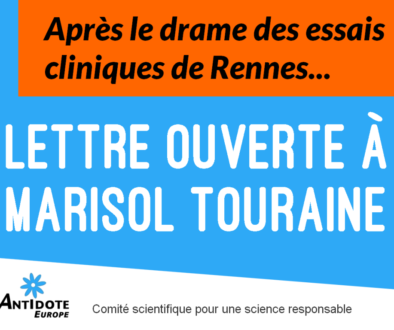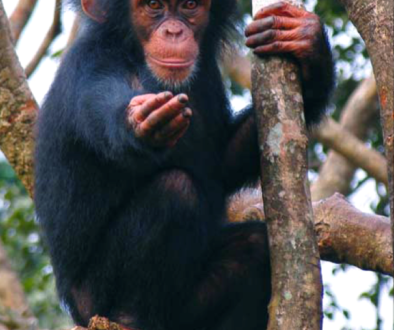French presidential candidates inarticulate on preventive health measures
The candidates are not very eloquent on the subject of preventive health measures (April 18th, 2007) : Among those presenting candidates for the presidential election, the LCR has been the only political party to reply favourably and precisely to our questionnaire on the necessary preventive health measures. The Socialist Party and the UMP say they are concerned about prevention and research but it does not appear from their replies that they are considering really new approaches.
With only a few days left before the first round of the French presidential election, the candidates seem to be showing little concern for a question that is nevertheless fundamental, i.e. health. Some are preoccupied with the reimbursement of health care, others repeat that “our health system is one of the best-performing in the world”, but then how do they explain the fact that there are more and more sick people? Real and effective prevention would at one and the same time allow the social security’s books to be balanced and ensure the well-being of all.
Antidote Europe recently sent a questionnaire to the twelve candidates; this questionnaire was circulated in an earlier press release and published in Le Monde of 13th April 2007. After a brief statement of the facts, figures and arguments, three measures were called for:
- the promotion of biomedical research having no recourse to so-called animal models, since it has been proved that no animal species is a reliable biological model of a human being;
- a ban on pesticides and toxic additives in baby food, the creation of a “future mother’s safety” label to help pregnant women to avoid being exposed to dangerous substances and the creation of a “child’s safety” label for indoor household products (paints, dyes, varnishes, etc.) containing no toxic substances (and volatile substances in particular);
- action to impose a strict evaluation of toxic risks through reliable methods such as toxicogenomics.
The LCR, the party presenting Mr. Olivier Besancenot, replied, favourably and point by point, recognising that “toxicogenomics effectively seems reliable (cf. work by Narbonne and others) and often preferable to animal experimentation”, that “transferring animal results to human beings is risky” and that “protection of the new-born means banning pesticides in general and in food in particular. The protection of babies and children is worthy of a safety label for non-toxic products, including volatile ones.”
The PS, the party presenting Mrs. Ségolène Royal, replied that “the care system should be transformed into a health system” and that “the health-environment line should be developed”, and thought “the idea of a recognised safety label for pregnant women is excellent”. Mr. Nicolas Sarkozy did not answer the questionnaire point by point but considered that “health and environment should be better reconciled”. Both Mrs. Royal* and Mr. Sarkozy* propose increasing the budgets for prevention and research but the documents sent to Antidote Europe set out no really new approaches. But Antidote Europe considers it more necessary to learn from research failures and reassign credits to really effective methods than to increase these credits. Health care and prevention might also usefully be the subject of a critical examination of the methods implemented which seem to do little to improve the health situation in our country.
The FN acknowledged receipt of the questionnaire but to date Antidote Europe has not received a reply. The Greens also acknowledged receipt of the questionnaire and referred to their internet site without giving a specific answer to these questions.
Antidote Europe is doing its duty as an independent scientific committee by alerting the authorities and, more particularly, the person who will be presiding over France for the next five years. As effective means are available to the future President, what will he or she do to reduce the 300,000 new cases of cancer diagnosed each year, the hundreds of thousands of cases of Alzheimer’s and Parkinson’s Disease and allergies, etc., and to avoid these diseases emerging among younger and younger people?
Antidote Europe is a non-profit-making association created by researchers from theCNRS and working for better prevention in the field of human health.


